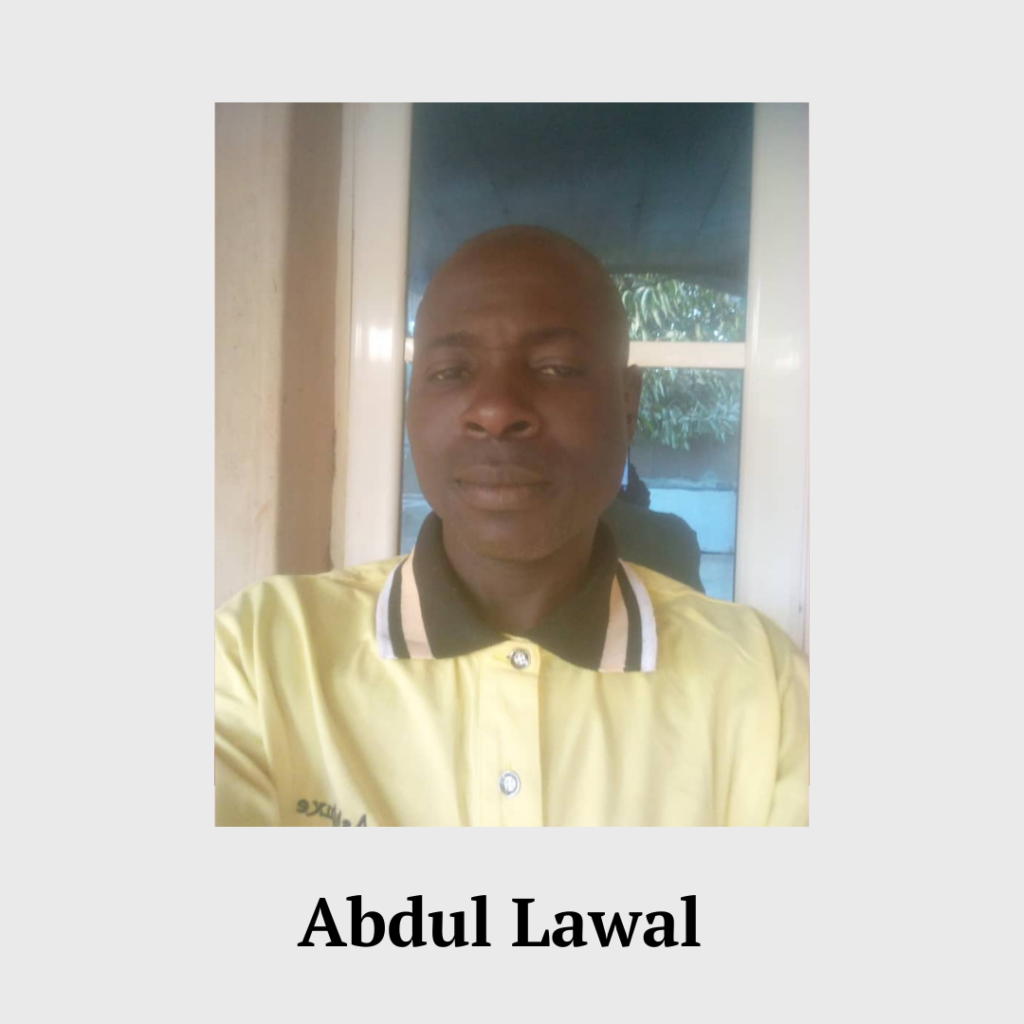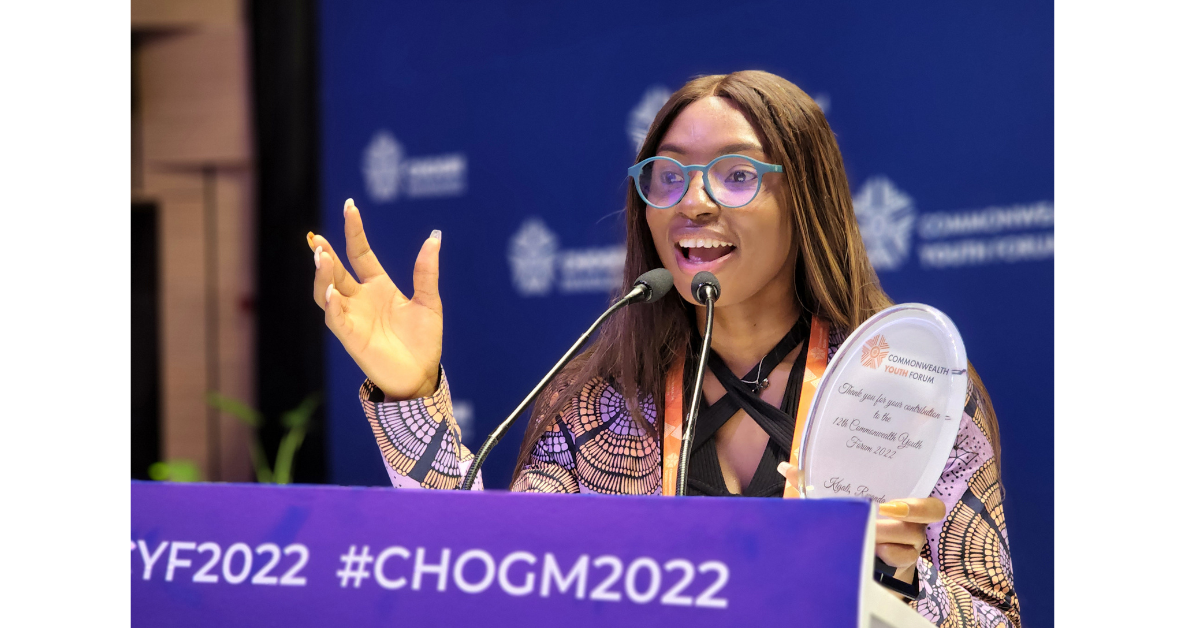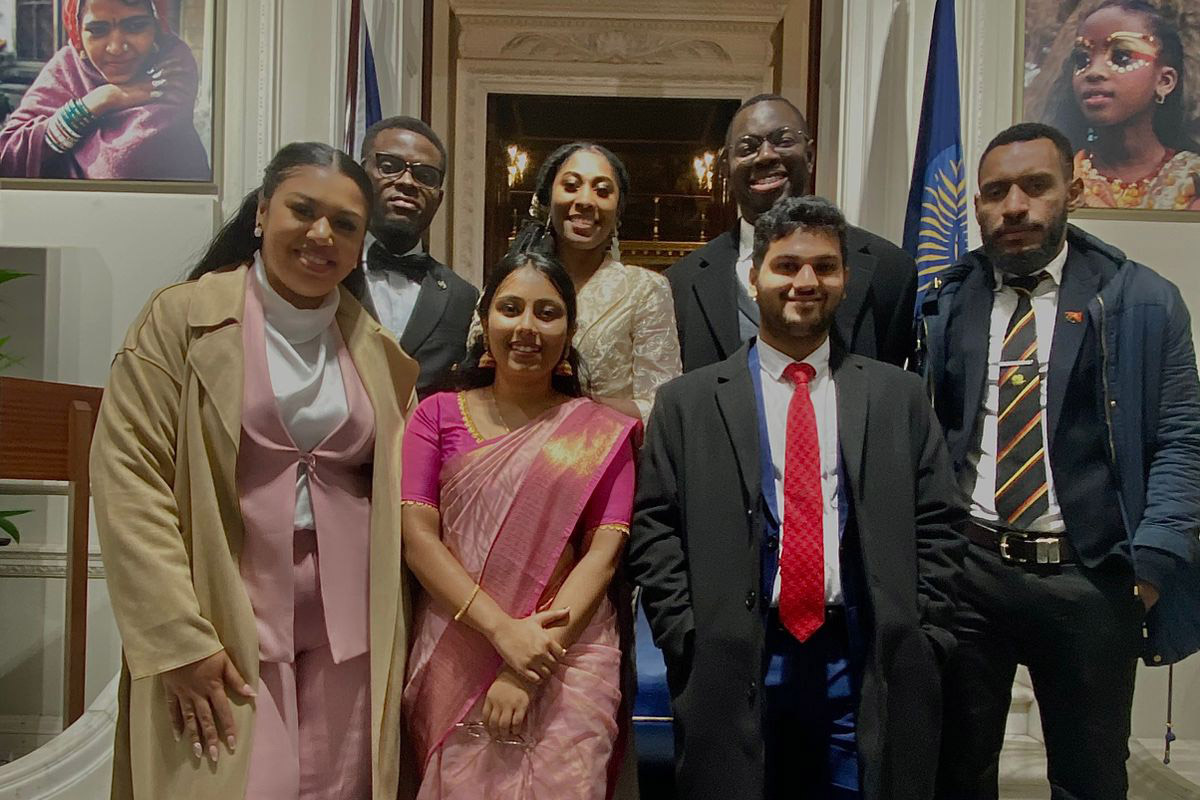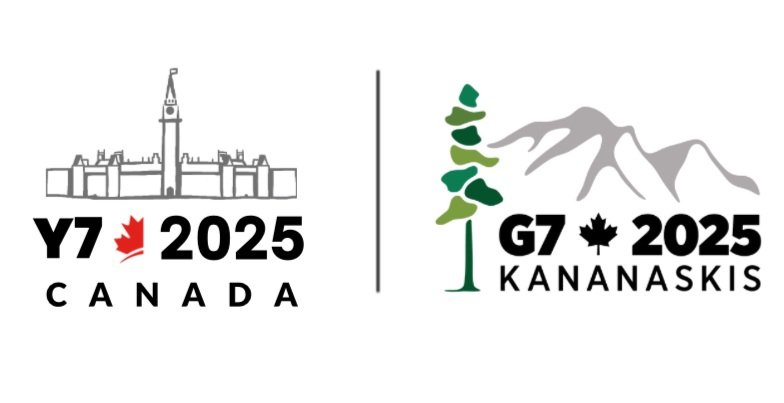Helping ordinary individuals make a difference
August 14
Precious Chindimma Ebere is the Co-Founder of Do Take Action (DO). She is also coordinator of the Commonwealth Students Association and recently represented the network at the largest meetings of young people across the commonwealth, the Commonwealth Youth Forum. After the forum, Precious shared a glimpse of her life and work with 29-year-old Commonwealth Correspondent from Nigeria, Abdul Lawal.
Precious Chindimma Ebere is Co-Founder of Do Take Action (DO), a non-profit organisation that encourages individuals to start and support projects that improve communities and enhance development in Africa. DO provides training and funding to individuals leading community projects in areas such as peace and security, education, health and wellbeing, food and water security, among other areas. The organisation’s mission is to build a critical mass of 1billion+ people who are taking personal and collective action to build a better future for Africa – one action and community at a time.
Why have you chosen to venture into development work of this nature?
The reason I chose this area is that in 2018 I was examining the results of a survey and discovered that Nigeria suffers from lots of issues such as having 10.12 million out-of-school children and high rates of unemployment. Between 2017 and 2018 unemployment jumped from 18.1% to 23.1%. This unemployment burden has been disproportionately borne by young people, with almost 30% of them being out of work at the time.
You are the Co-founder of the Do Take Action. What does this organisation do?
I started Do Take Action in 2016. It is a civic start-up programme on a mission to build a critical mass of Africans taking personal and collective action for sustainable development, one action and community at a time.
The mission is to ensure every African is taking individual responsibility for Africa’s sustainable development whilst making a difference in their community. Of course, Do-take-Action is made up of six boards of directors, over five hundred grassroots development champions and twenty volunteers.
There is also another programme under Do-Take-Action called Do-Skill-Up-Climb-Up. This programme builds human capacity primarily by addressing the challenges of the skills deficit, poverty, unemployment and the unpreparedness of both African businesses and the teeming population of young people for the future of work and globalization.
What are the achievements of your initiative?
We have achieved a lot. Firstly, in the past six years, despite limited access to funding we have designed programmes, products and campaigns, and contributed to policies that addressed crucial developmental issues plaguing Nigeria and the continent.
Despite the menace of the COVID-19 pandemic in 2021, we led over one hundred grassroots development champions to drive nationwide projects. We designed the ten-year Skill-Up—Climb-Up human capacity development project to impact 50,000 young people between 2021 and 2030. This initiative has empowered over 500 women already.
How did you prepare yourself academically to take on your current role at DO?
I attended various institutions of learning including Cardiff University in Wales, United Kingdom, where I obtained my MSc in Social and Public Policy, and the University of Abuja, Nigeria where I pursued a BSc (Ed). I have six years of experience working in the development sector with NGOs and INGOs and have obtained various professional certificates and awards in my field.
What are your plans?
My target by 2030 is to build an active community of young and old people taking action to solve key issues facing their communities. We want to make sure that every Nigerian is taking individual responsibility for Africa`s sustainable development irrespective of gender, tribe, age, and religion.
You attended the Commonwealth Youth Forum held recently in Rwanda, what was your role in the forum?
During the 2022 CYF, I led and coordinated a team of over 15 rapporteurs who were responsible for the discussions during the forum. I also presented my report as the Coordinator of the Commonwealth Students Association which highlighted major accomplishments in the past year such as growing the membership base and the visibility we’ve had across the five Commonwealth regions.
Photo Credits: Precious Ebere
About Abdul Lawal: I am 29 years old. I have (BSc ) in Mass Communication and a Master’s Degree in Strategic Communication. I am currently enrolled in the MSc Mass Communication program at Ahmadu Bello University Zaria Nigerian. I am the author of two English and Hausa novels titled ” All Glitters not Gold and Kishin-Hausa’. I am currently working with the National Youth Service Corps (NYSC) Nigeria as the Executive Officer under the Public Relations Department. I enjoy writing, reading/watching news stories, and travelling.




